From Burning to Fading Your Upholstery — Here Are 4 Ways Your Winter Heating Is Damaging Your Sofa
An expert reveals the impact your home heating could have on your luxurious furniture


The cold season is upon us, and nothing sounds better than snuggling up on the sofa with warm blankets, surrounded by even warmer winter heating.
However, while you're getting toasty under the covers, your furniture could be experiencing irreparable damage due to your home's heating systems. Especially if your couch is too close to your radiator — you're going to face terrible repercussions.
After learning about sofa layout mistakes, I spoke to a HVAC expert to delve into the reasons why winter heating can bring ill health to your furniture. You'll be shifting your seat once hearing what this expert has to say.
1. Drying out materials
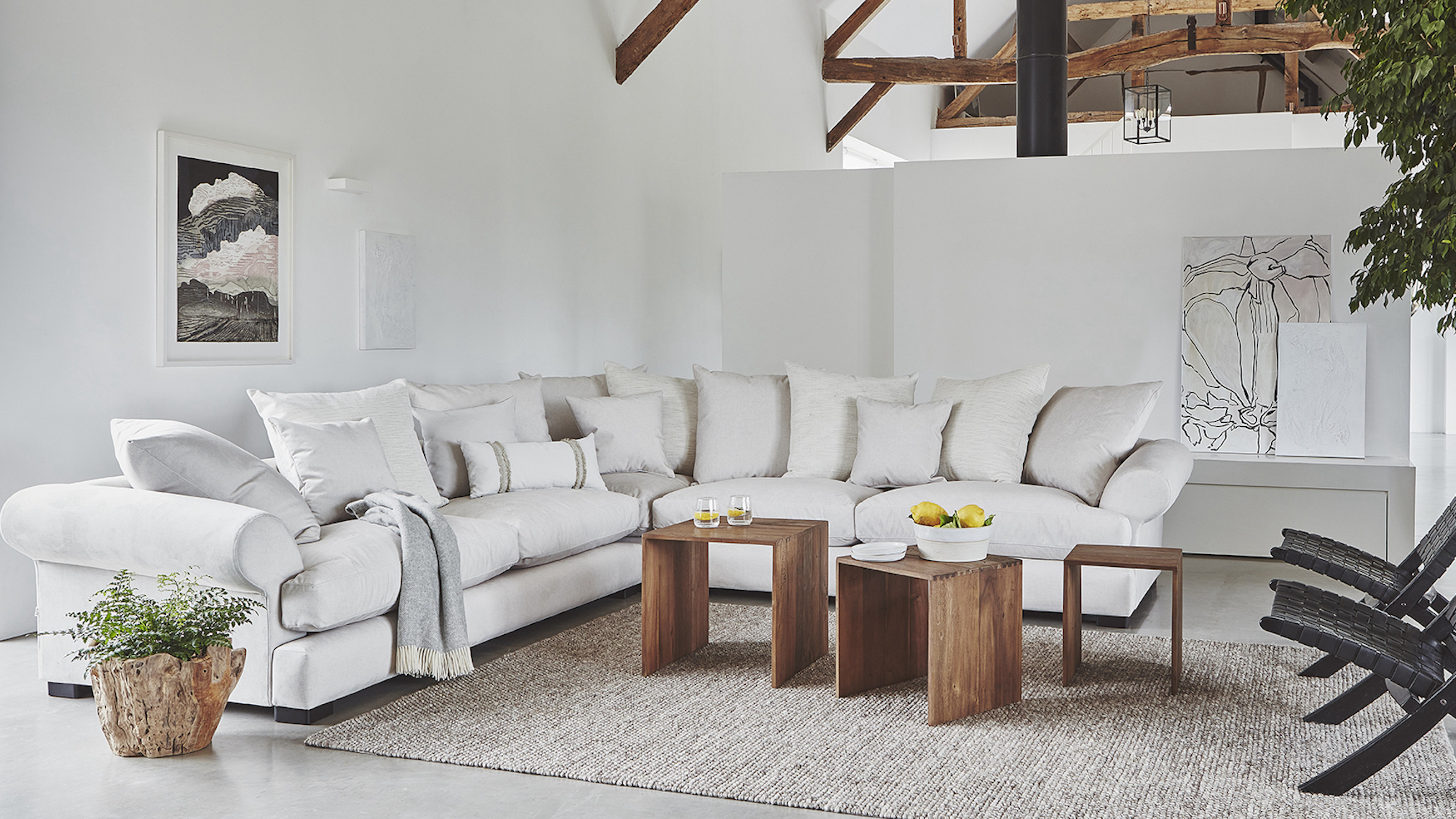
There are lots of different types of sofas out there, so the way your particular material will respond to heat may vary from the home of someone else's.
Leather sofas, being soft, shiny materials, will especially suffer if they are placed too close to or up against a radiator. This could result in irreparable scorching, discoloration, and cracking.
Josh Mitchell, HVAC technician at Air Conditioner Lab, says, "The heat from radiators can dry out natural materials like leather or wood, leading to cracks, discoloration, or warping over time. For leather sofas, the heat pulls out natural oils, leaving the surface brittle and prone to splitting."
If you have leather furniture pieces that you care about a lot, to be on the safe side during winter it's worth investing in a leather protector (like this Guardsman Protect & Preserve Leather from Amazon) to coat the leather in, as well as keeping leather furniture at least 12 inches away from any radiators or fireplaces.
The leather honey complete leather care kit from Amazon includes a bottle of solution designed for cleaning a leather sofa, conditioner and a soft applicator to keep your leather sofa in top form year-round.
2. Burning or fading your upholstery
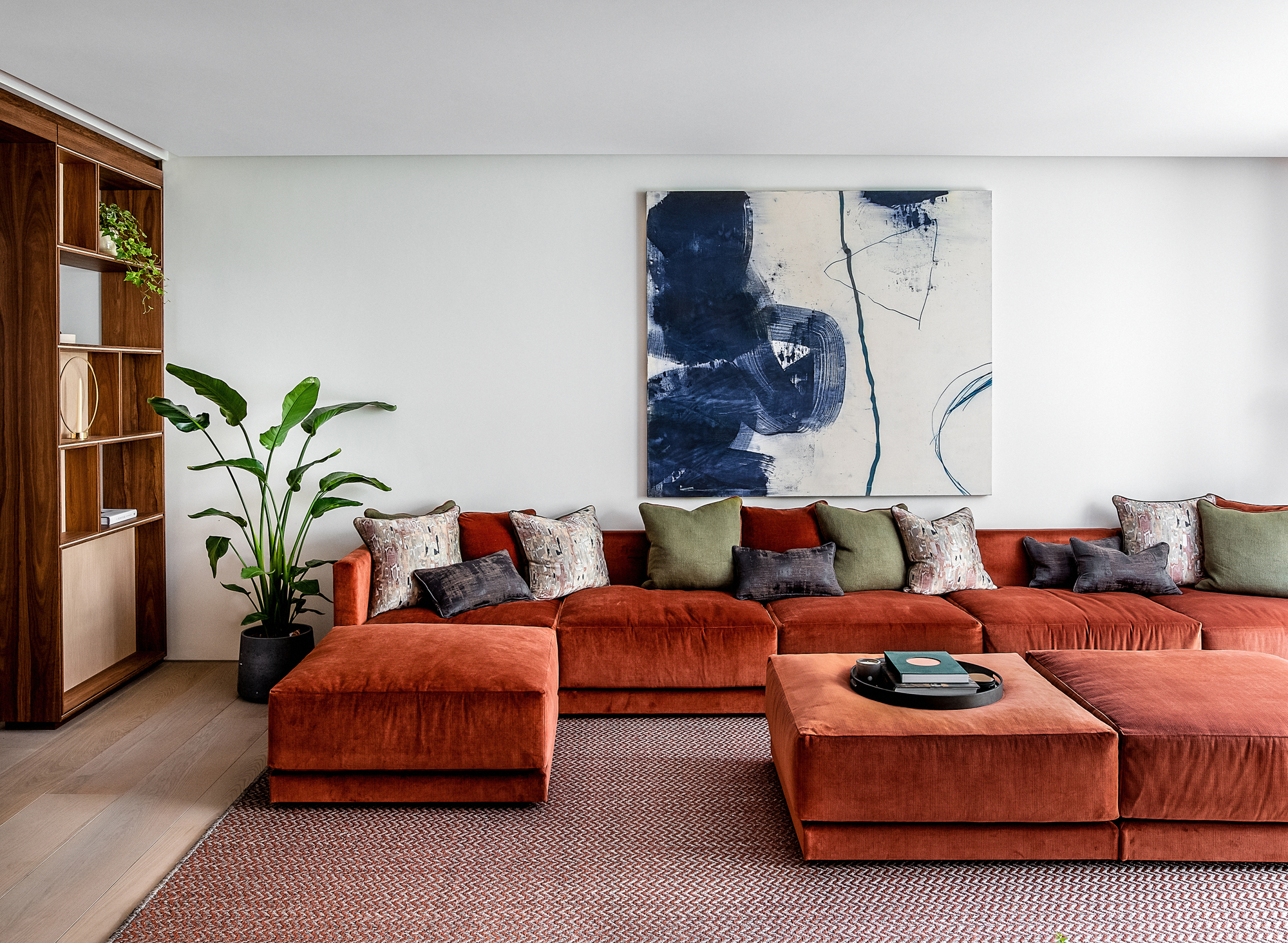
If your fabric sofas' upholstery is kept too close to or up against your radiator, it could burn or fade, causing damage and a fire risk in your home.
"Fabric sofas can fade or change color when exposed to constant heat," says Josh. "Dark or vibrant fabrics are especially vulnerable, as the heat can cause dyes to degrade unevenly, leaving noticeable patches."
The areas of your sofa directly touching your radiator will experience the full heat for prolonged periods of time. These spots are especially prone to burning, but if burning doesn't occur, discoloration and a deterioration of the fabric's fibers certainly will, shortening how long your sofa should last.
3. Shrinking and warping
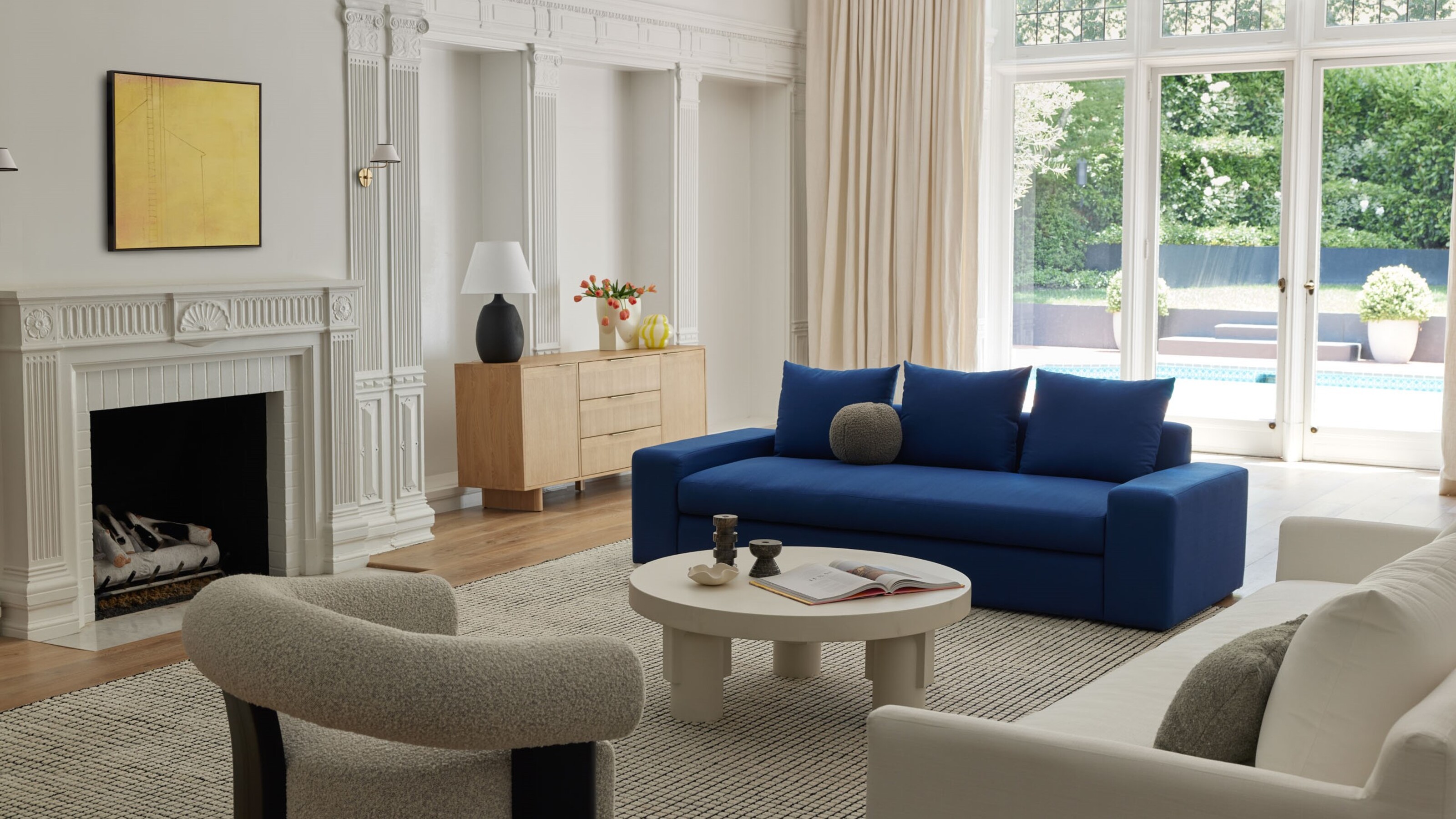
Wood and natural fibers like wool and linen are prone to warping and shrinking if exposed to prolonged periods of heat.
"Your wooden furniture pieces can shrink or warp under prolonged exposure to the heat from radiators," says Josh. This is because, similarly to leather, the wood's natural oils will be extracted from the surface of the material. Contracting will put more strain on your sofa's fabric, encouraging the development of holes, tears, and the overall weakening of its fibers.
Synthetic fabric blends, like polyester and acrylic, are also often flammable, so be diligent about monitoring how large the gap between your sofa and radiator is on a frequent basis. You may not notice your sofa being pushed back closer to the radiator over time before it becomes dangerous.
4. Weakening foam and cushions
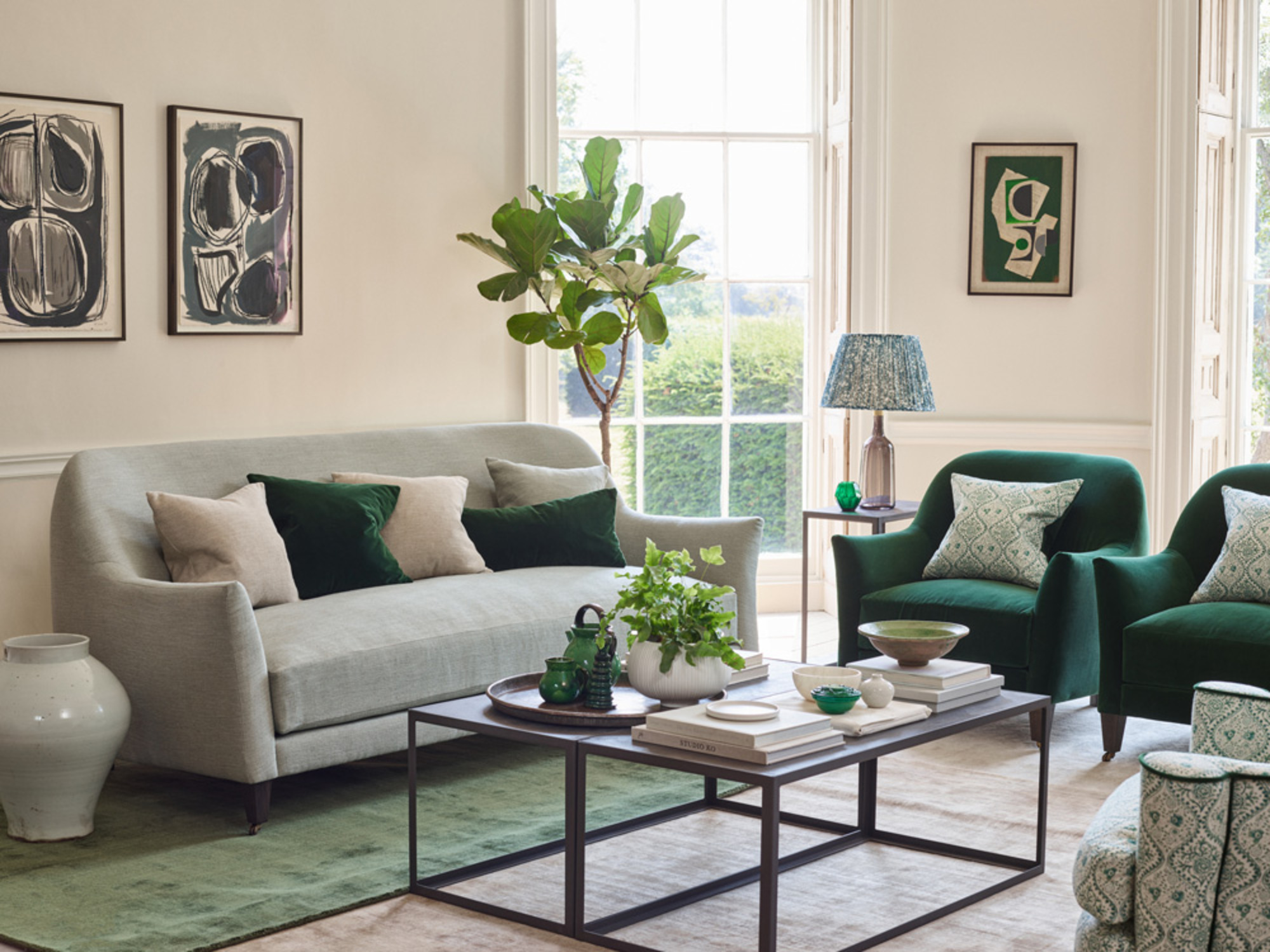
Excess radiator heat can affect more than just the exterior of your sofa — the inside can also be harmed, causing damage that may be invisible but all too real.
"The heat from radiators can break down the foam inside of your sofa's cushions, leading to a loss of firmness and sagging," says Josh. "Foam degrades faster when exposed to heat, as the heat alters its structure and elasticity."
If your sofa isn't moved away from your radiator, it will rapidly become less comfortable and more saggy, but turning your sofa cushions regularly to help prevent uneven wear is still good practice.
"You can also add a heat-resistant cover or barrier on the side of the sofa closest to the radiator," says Josh.
FAQs
Is it OK to have a sofa against a radiator?
It's rather common to have your sofa relatively near a heater but not against it or too close to it. This way, you can relax and lounge in the warmth of your radiator without straining your furniture.
Josh Mitchell, HVAC technician at Air Conditioner Lab, says, "No, it's not ideal to have your sofa against a radiator. Placing a sofa directly against a radiator restricts airflow, making the radiator less efficient at heating the room. It also increases the risk of material damage or, in rare cases, overheating.
Consider installing radiator reflectors [like this Radiator Reflectors with Radstik from Amazon priced at $44.62] to make your heating more efficient while protecting your furniture. These inexpensive tools direct heat into the room rather than letting it escape toward walls or furniture. Also, maintaining proper humidity (30-50%) in your home during winter can help reduce the drying effects of radiators on furniture and other materials."
Be The First To Know
The Livingetc newsletters are your inside source for what’s shaping interiors now - and what’s next. Discover trend forecasts, smart style ideas, and curated shopping inspiration that brings design to life. Subscribe today and stay ahead of the curve.

Ciéra is a writer and regional laureate with particular passions for art, design, philosophy and poetry. As well as contributing to Livingetc, she's an Editorial Assistant for Design Anthology UK and a contributing writer for Homes & Gardens and Apartment Therapy. Previous commendations of hers include being Highly Commended by The Royal Society of Literature and receiving a prestigious MA Magazine Journalism scholarship to City, University of London.
-
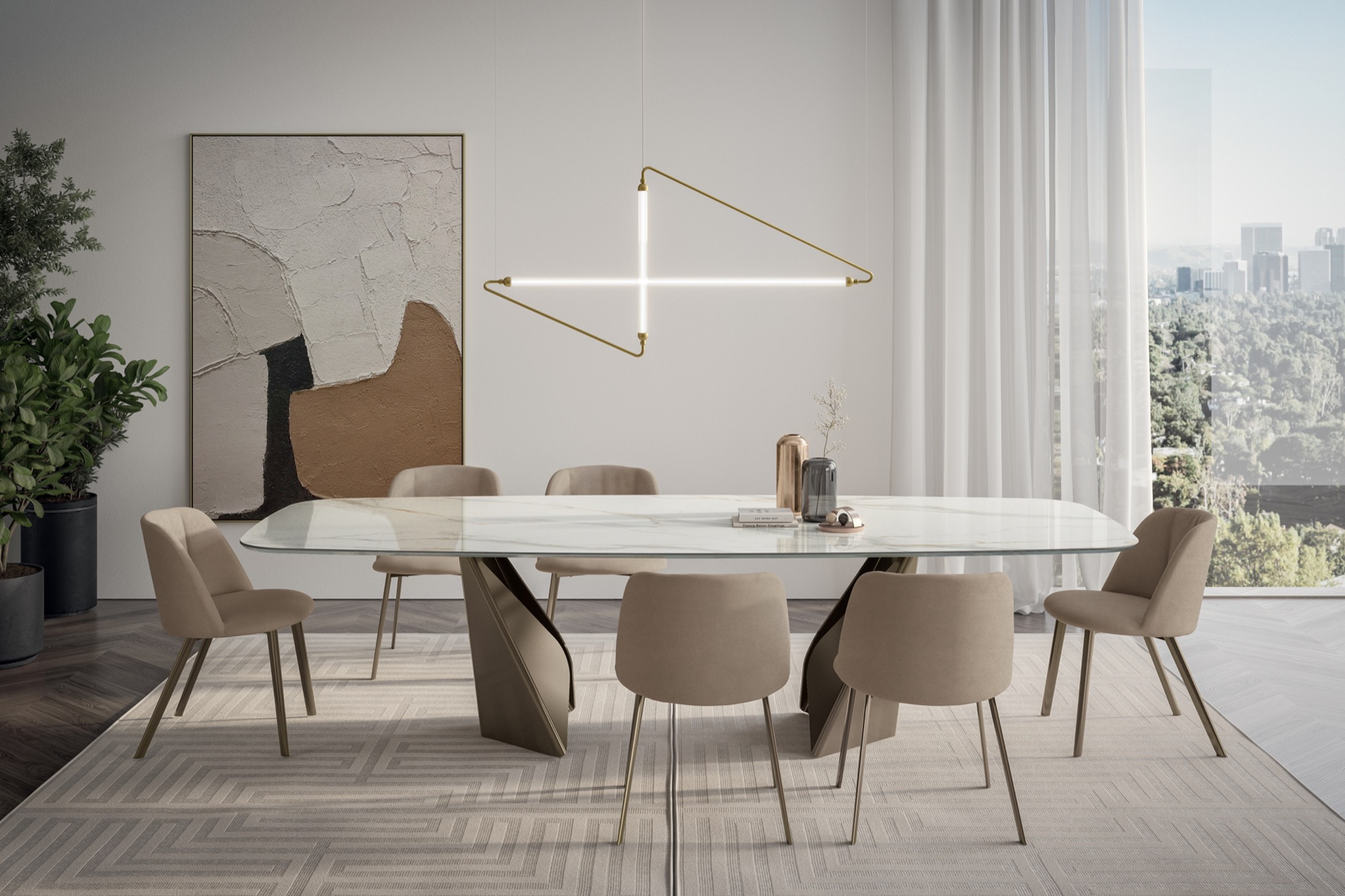 My 10 Favorite Designs at Milan Design Week 2025 — Out of the Hundreds of Pieces I Saw
My 10 Favorite Designs at Milan Design Week 2025 — Out of the Hundreds of Pieces I SawThere is a new elegance, color, and shape being shown in Milan this week, and these are the pieces that caught my eye
By Pip Rich
-
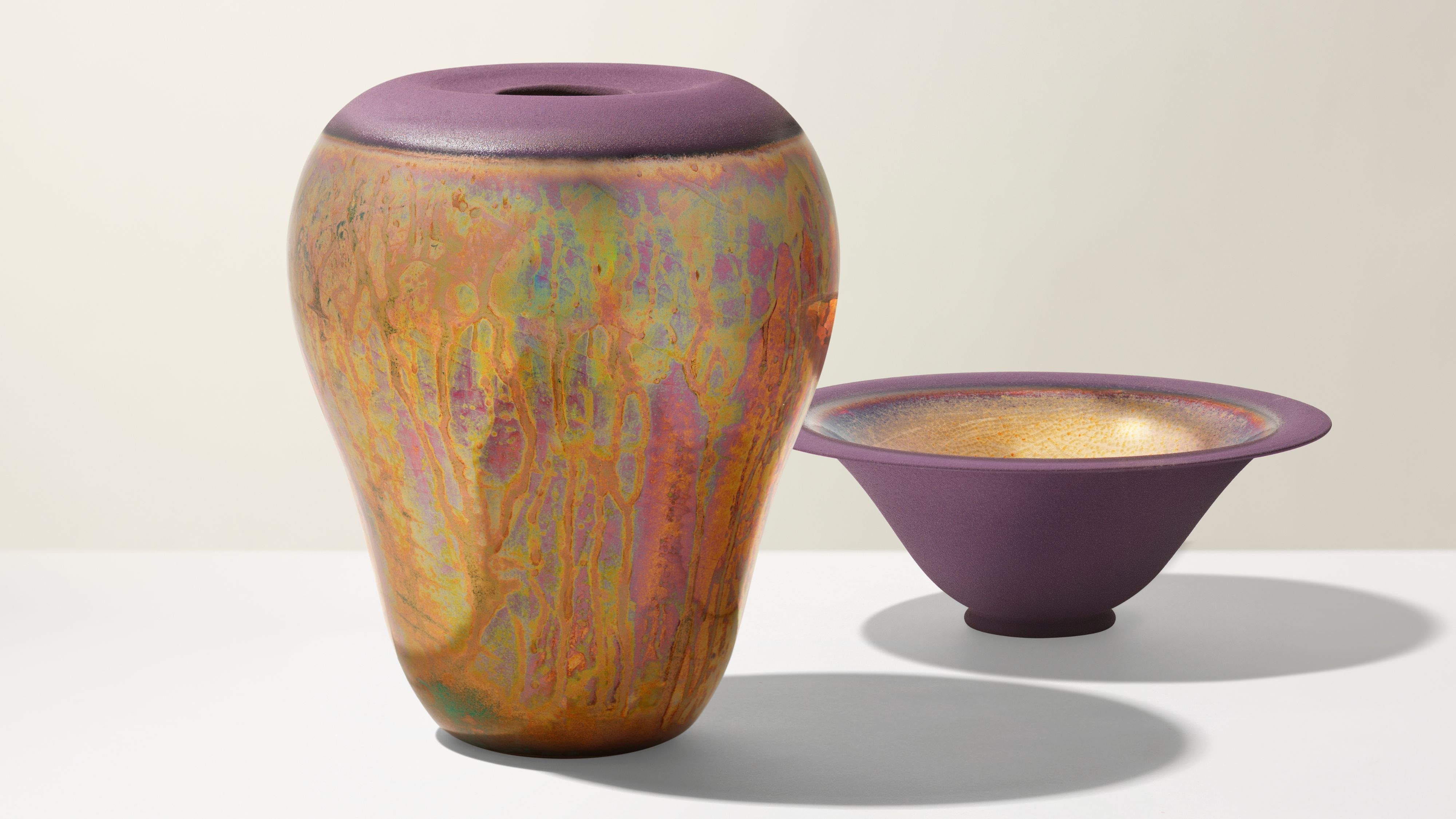 Iridescence Is Chrome’s More Playful, Hard-to-Define Cousin — And You're About to See It Everywhere
Iridescence Is Chrome’s More Playful, Hard-to-Define Cousin — And You're About to See It EverywhereThis kinetic finish signals a broader shift toward surfaces that move, shimmer, and surprise. Here's where to find it now
By Julia Demer
-
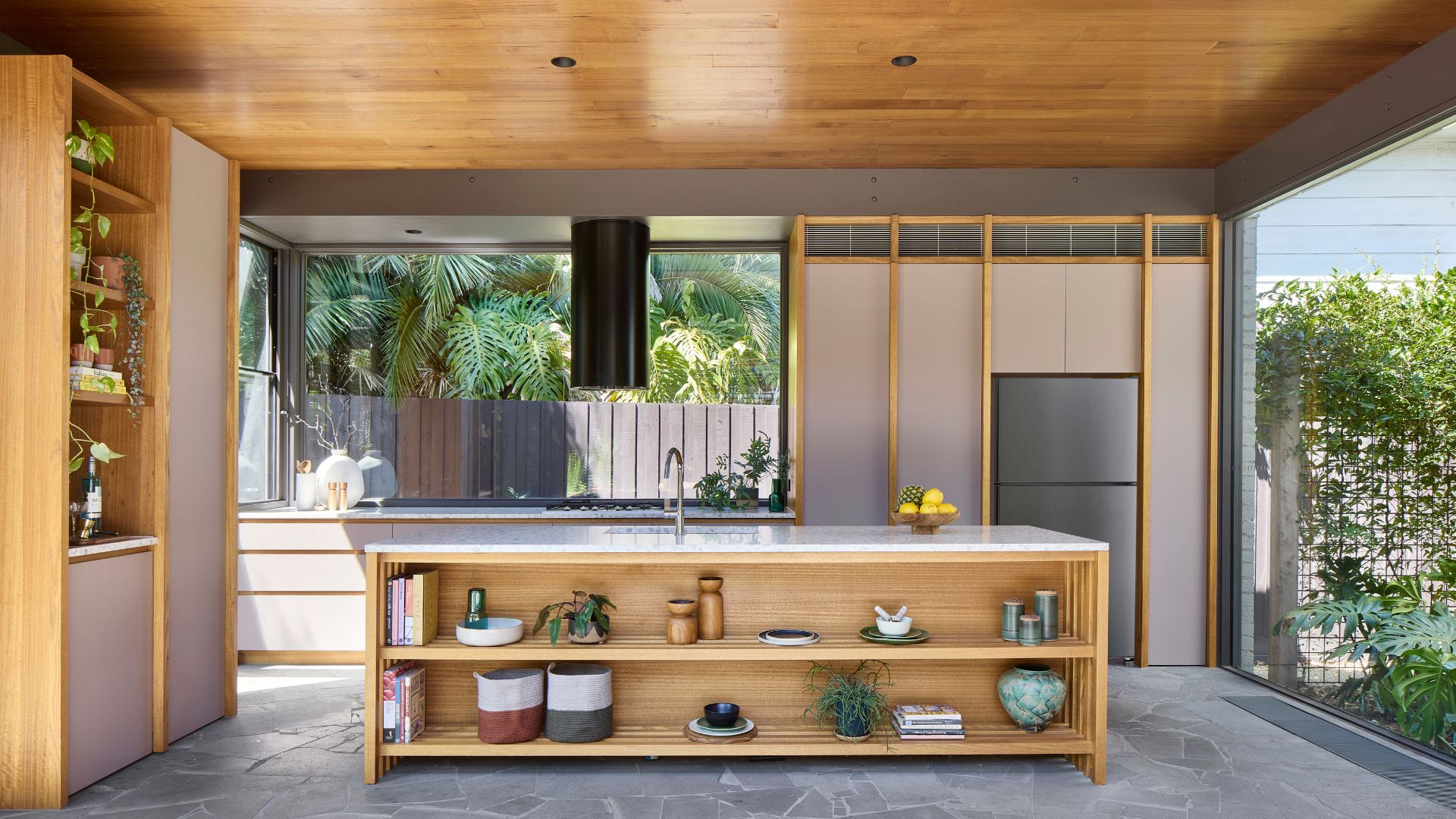 Biophilic Decluttering — What to Take Out of Your Home (and What to Put in) for a More Natural Home
Biophilic Decluttering — What to Take Out of Your Home (and What to Put in) for a More Natural HomeTry your hand at biophilic decluttering to ground your interiors, connect to the environment, and cure chronic clutter in one go. Here's how.
By Amiya Baratan
-
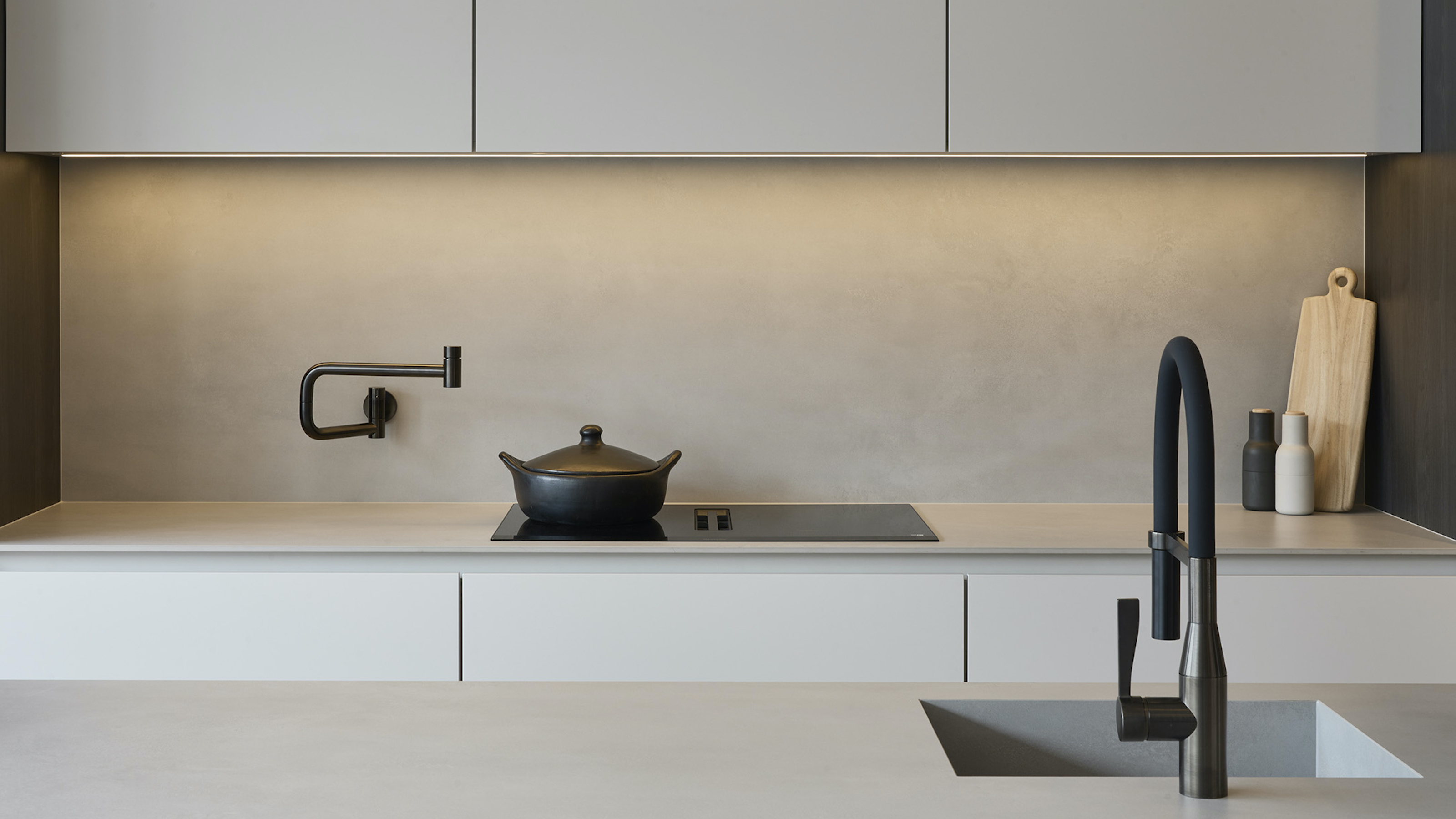 The 10 Different Types of Kitchen Taps — And the Pros and Cons of Each One to Know Before You Pick
The 10 Different Types of Kitchen Taps — And the Pros and Cons of Each One to Know Before You PickFrom sleek pull-outs to vintage bridge taps, explore 10 kitchen tap styles that mix function, flair, and a splash of cool
By Linda Clayton
-
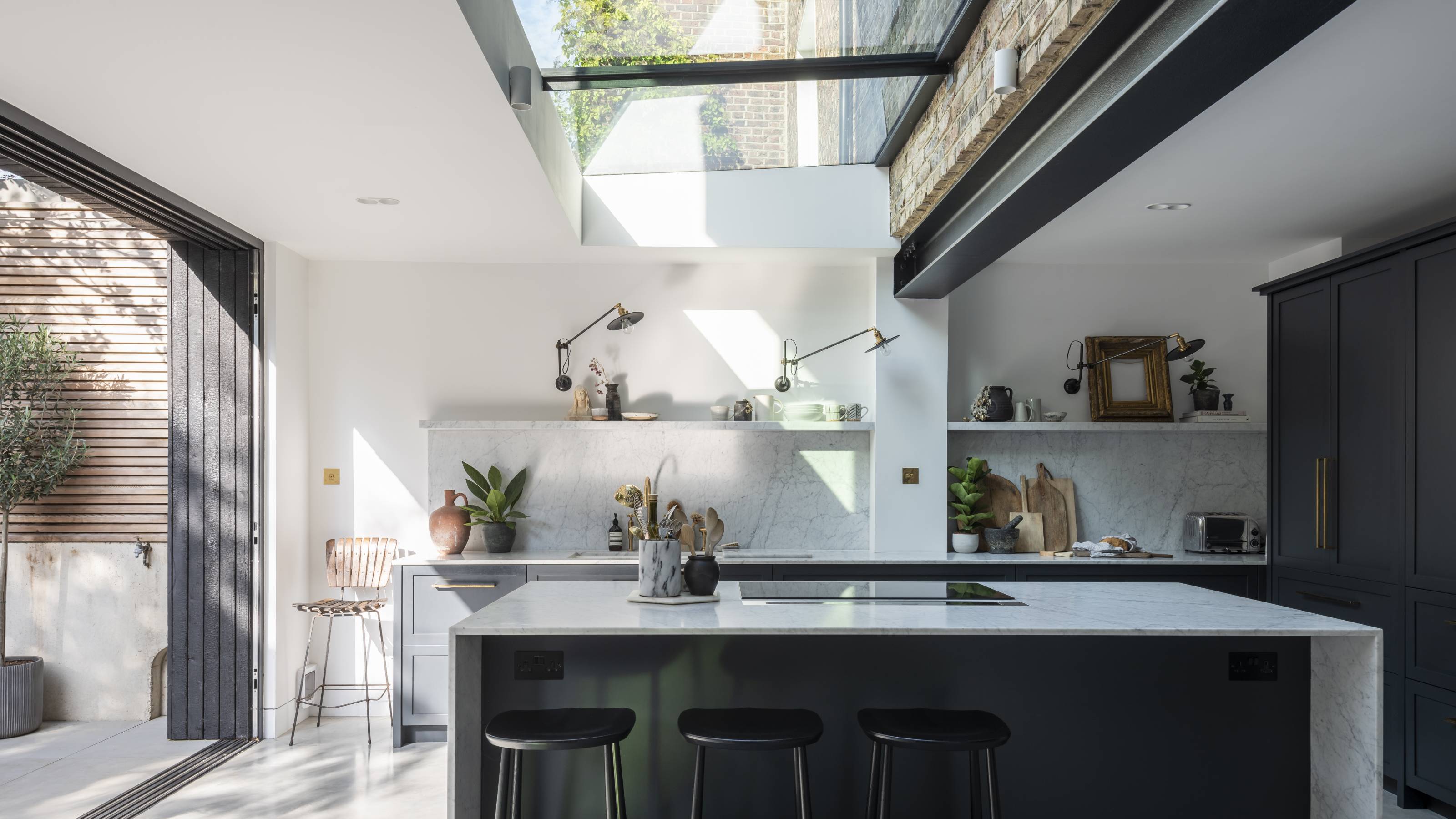 How Much Does an Extension Cost in 2025? Renovation and Design Experts Break Down Your Budget
How Much Does an Extension Cost in 2025? Renovation and Design Experts Break Down Your BudgetExplore how much different types of extensions cost in 2025 to budget for your project accurately
By Amy Reeves
-
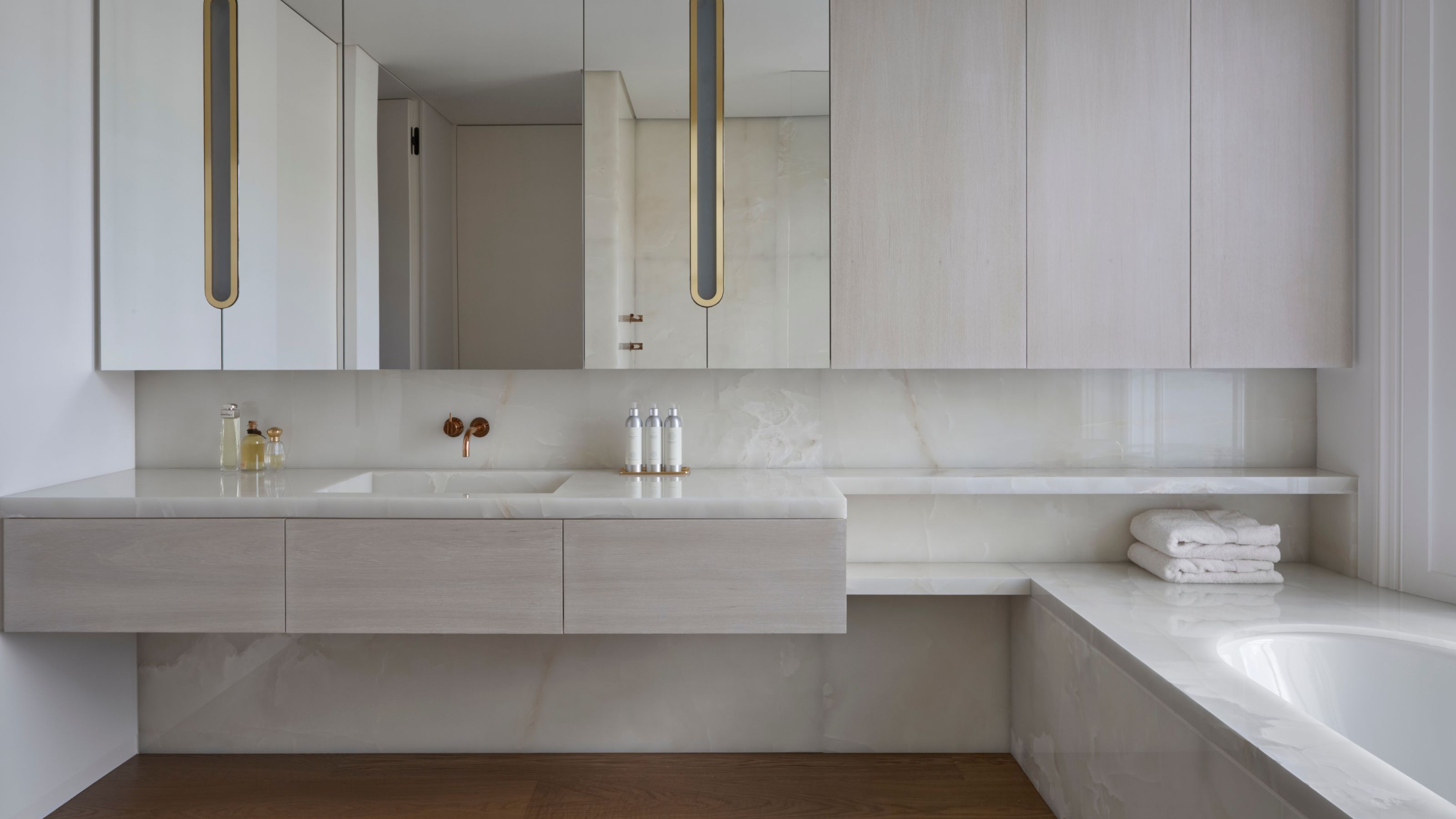 9 Bathroom Storage Mistakes You're Probably Making That Make Using This Space Much Harder — And What to Do Instead
9 Bathroom Storage Mistakes You're Probably Making That Make Using This Space Much Harder — And What to Do InsteadDiscover which mistakes are to blame for your overcrowded and cluttered bathroom
By Seraphina Kyprios
-
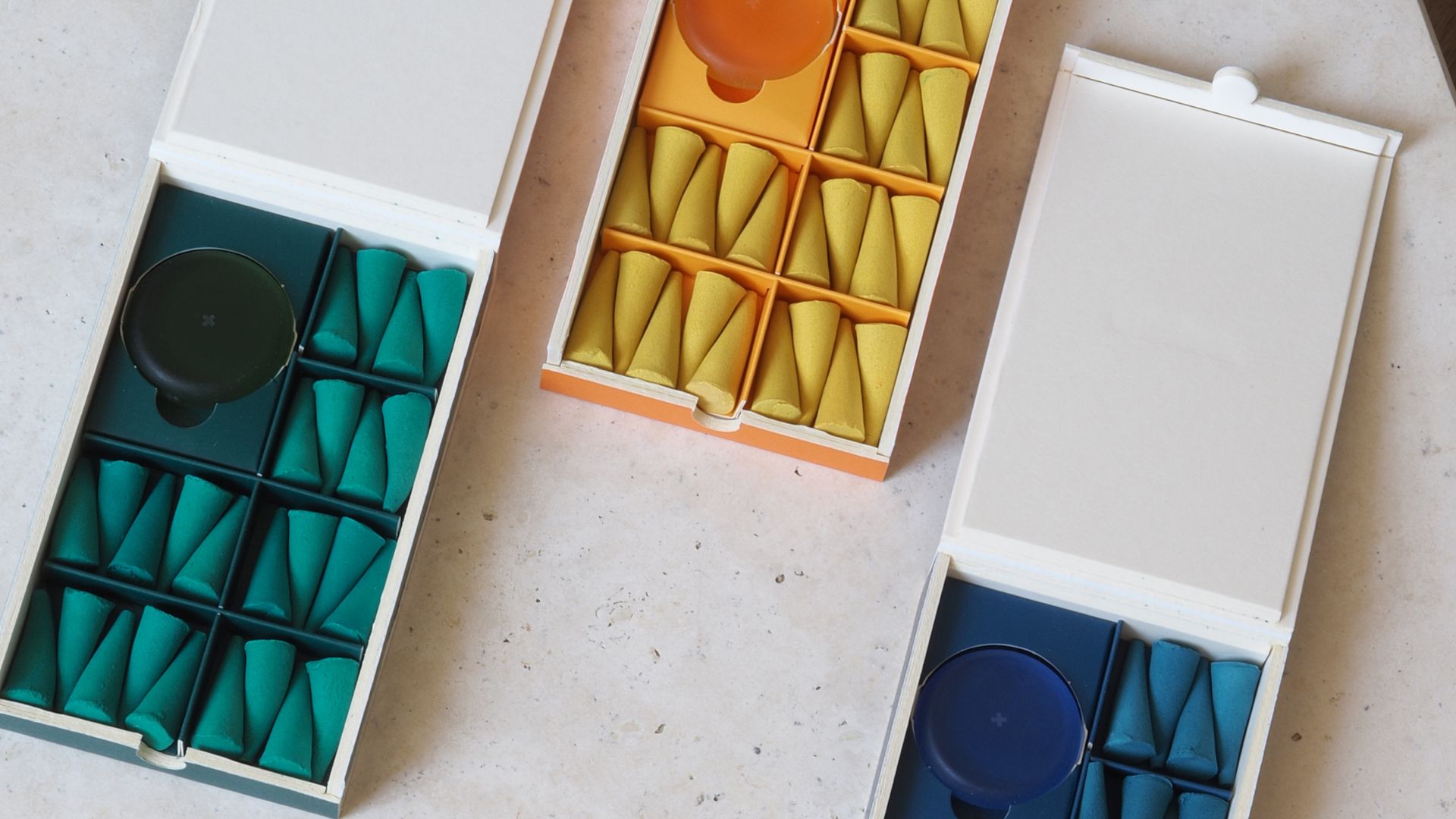 These 'Scenting Droplets' Might Be the Coolest (and Most Stylish) Way to Make Your Home Smell Amazing
These 'Scenting Droplets' Might Be the Coolest (and Most Stylish) Way to Make Your Home Smell AmazingIf you're looking to switch out your incense sticks for something more fun, then you should know about Ripple+'s incense droplets. Let me introduce you.
By Amiya Baratan
-
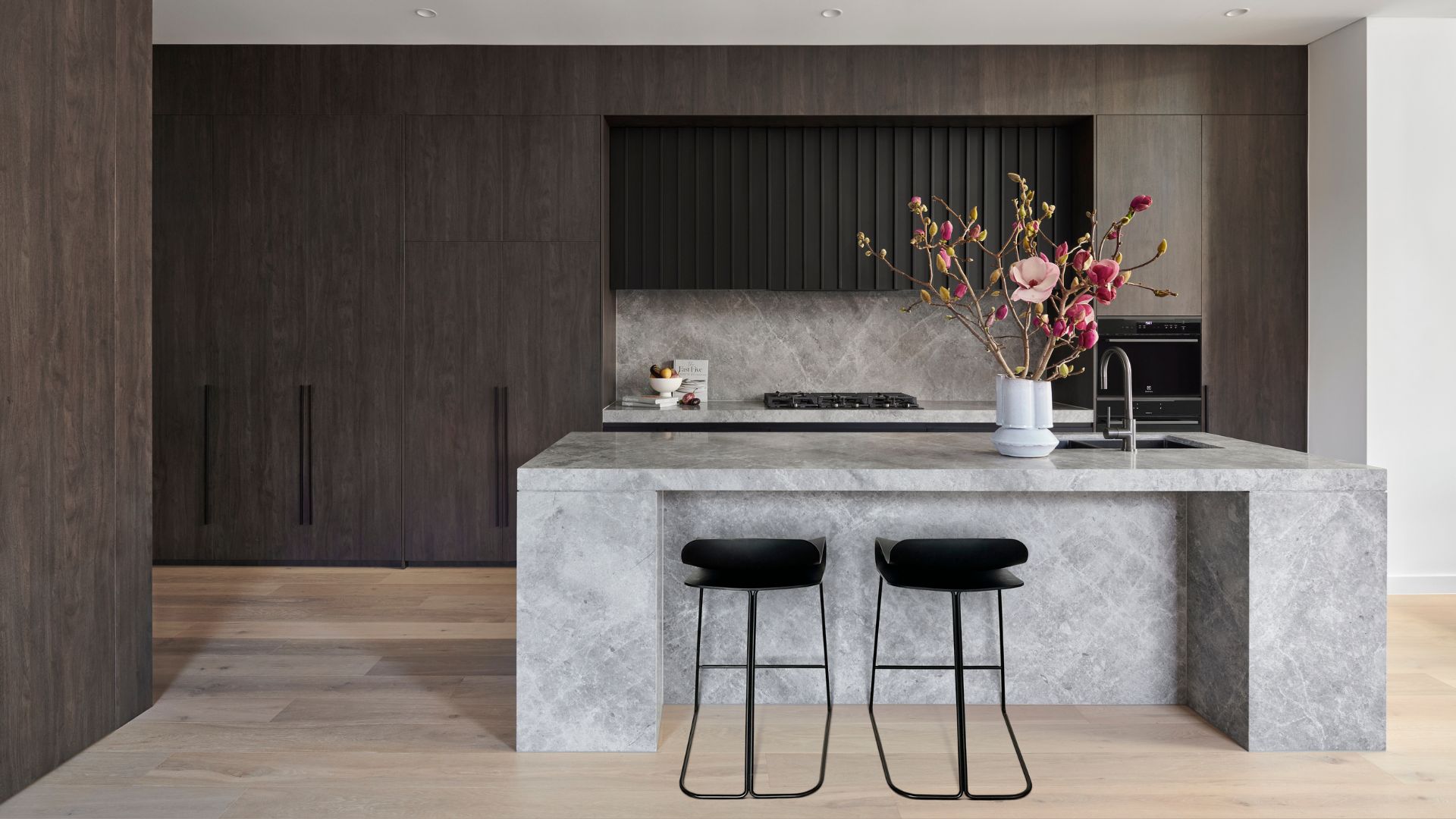 The Japanese Principle of Iki (粋) Is All About 'Refined Elegance' — Here's How to Embrace It in Your Home
The Japanese Principle of Iki (粋) Is All About 'Refined Elegance' — Here's How to Embrace It in Your HomeIf your interior vibe is all about refined elegance and opulent minimalism, you need to know about the Japanese principle of 'Iki'. Here's how to bring it home.
By Amiya Baratan
-
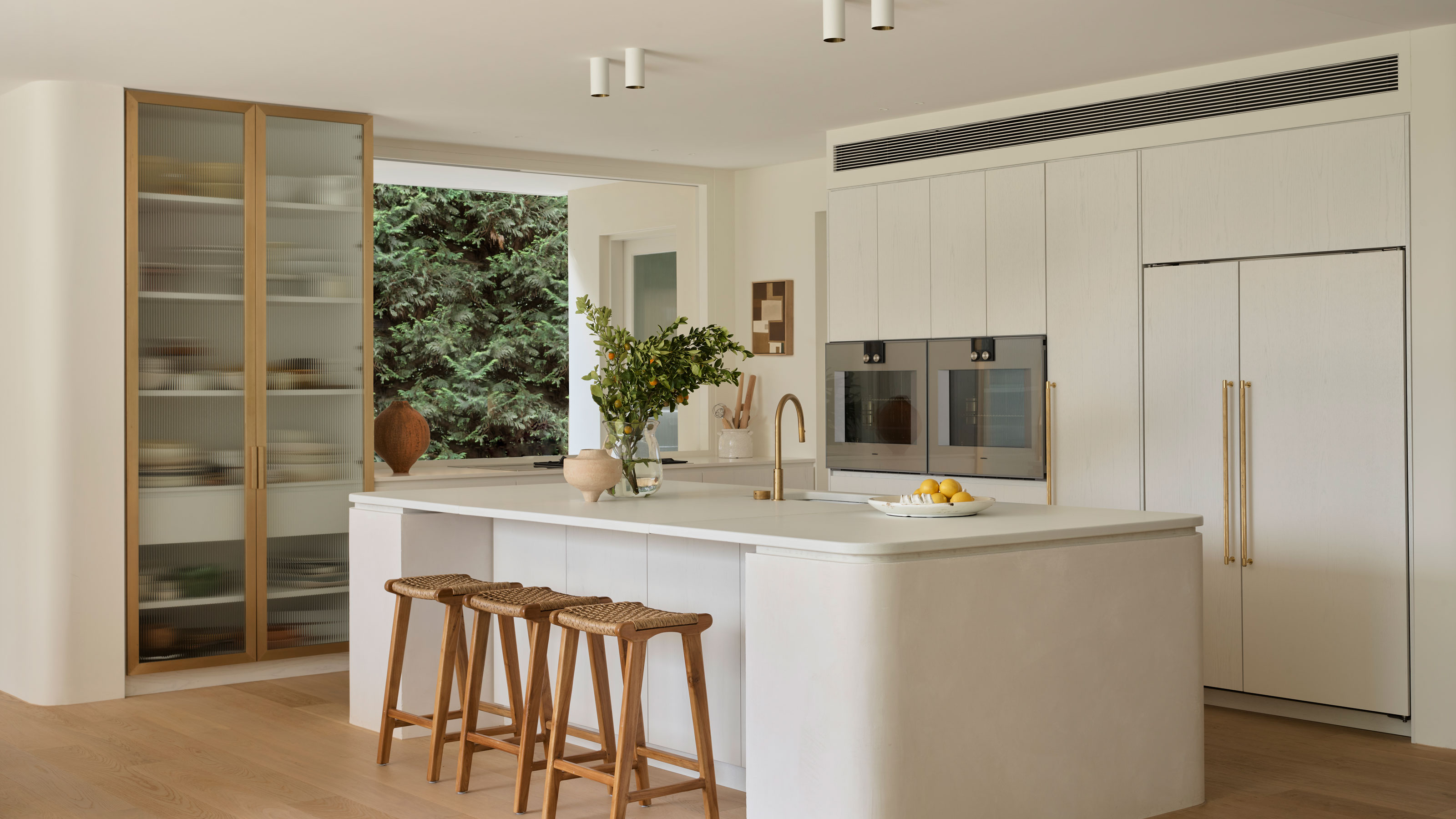 What Can I Choose Instead of Brass Taps? 4 Finishes That Are Emerging in 2025's Kitchens and Bathrooms
What Can I Choose Instead of Brass Taps? 4 Finishes That Are Emerging in 2025's Kitchens and BathroomsIf you want to try something a little different for your kitchen or bathroom finishes, these are the trending styles in taps beyond classic brass
By Seraphina Kyprios
-
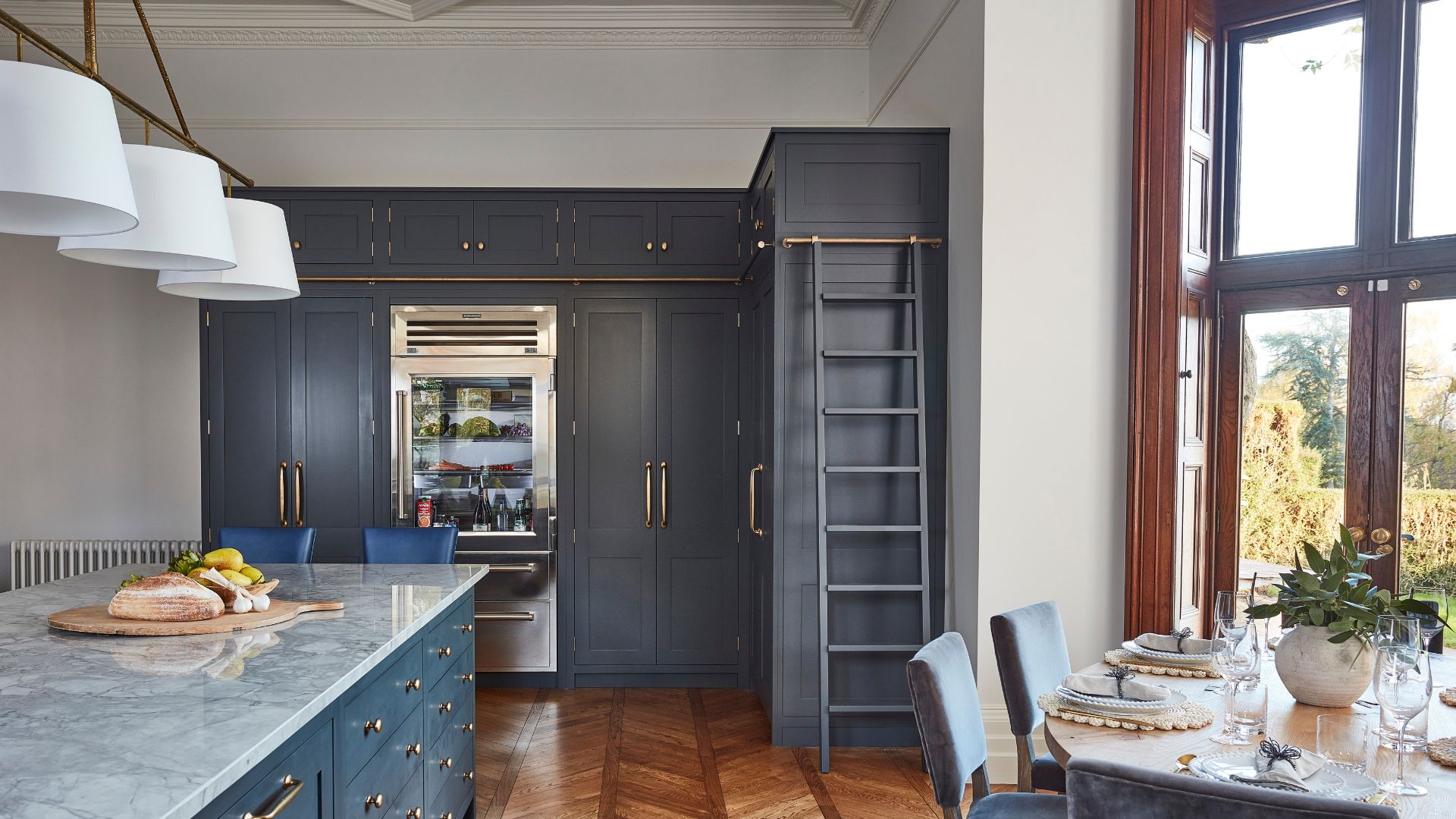 Kris Jenner’s 'All-Green' Glass Fridge Is My Organization Inspo of the Week — Here Are 5 Smart Storage Takeaways I'll Be Adopting
Kris Jenner’s 'All-Green' Glass Fridge Is My Organization Inspo of the Week — Here Are 5 Smart Storage Takeaways I'll Be AdoptingIf you're looking for fridgescaping inspiration, you might not think to look to Kris. But her all-green fridge says otherwise. Here are five tips we've learnt.
By Amiya Baratan